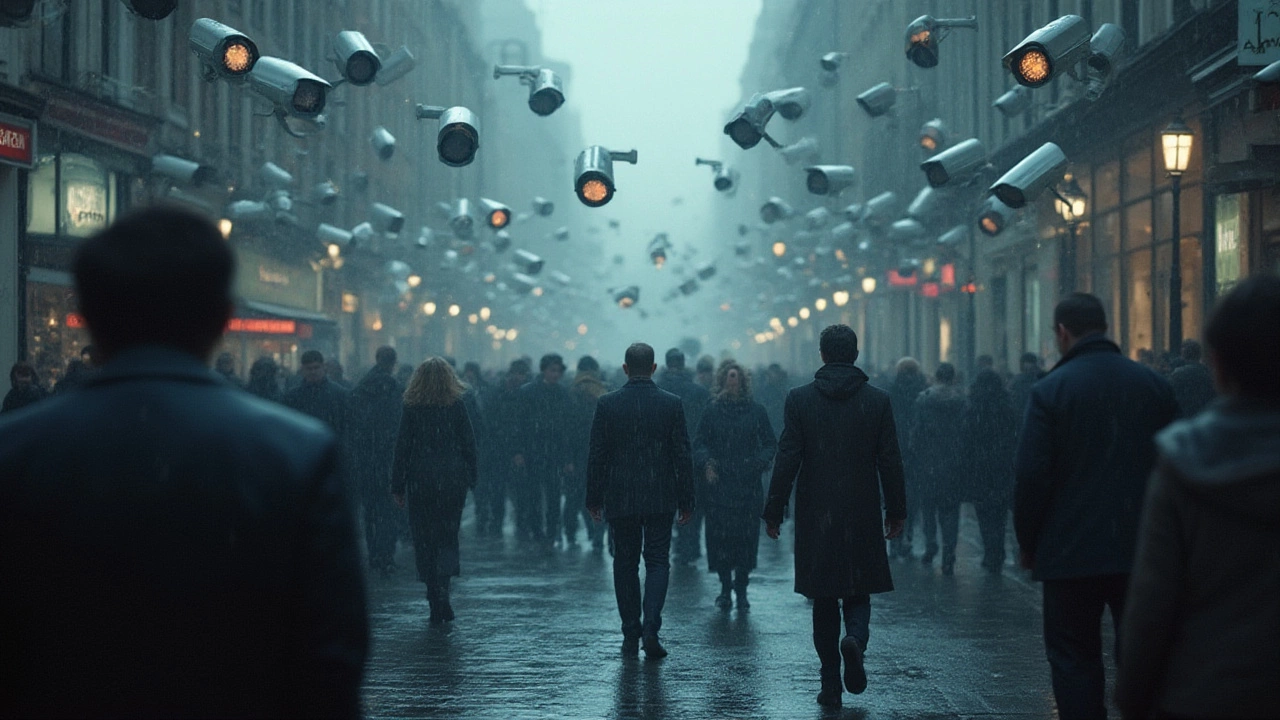Thinking about adding CCTV to your property? Cameras can be great for peace of mind, but they also come with a handful of hidden issues. Before you buy, let’s walk through the most common problems so you won’t be surprised later.
One of the biggest complaints is privacy. If you point a camera at a neighbour’s garden or a public footpath, you could be breaking data‑protection rules. In the UK, the GDPR and the Surveillance Camera Code of Practice require you to inform anyone being filmed and to store footage securely. Ignoring these rules can lead to fines and angry neighbours.
Even when you stay inside the legal limits, the feeling of being watched can affect how people behave. Some visitors might avoid your place simply because they don’t like being recorded. That loss of goodwill can outweigh the security benefit.
Most modern CCTV sets need electricity and a reliable internet connection. During a blackout, many cameras stop recording unless you have a battery backup or a solar‑powered unit. An article on power outages explains that without a UPS, your system is essentially blind when the grid goes down—the exact moment burglars often strike.
Wireless cameras also depend on Wi‑Fi. If the signal drops, you can lose live view and motion alerts. Adding a strong router or mesh network can fix this, but it adds to the overall expense.
Speaking of expense, there’s more than just the upfront hardware cost. You’ll pay for storage—either a local NVR drive or a cloud subscription. Some providers charge monthly fees for video retention, and those costs add up over years.
Motion detectors on cameras can be triggered by pets, passing cars, or even swaying trees. That leads to countless false alerts, which waste time and may desensitise you to real threats. Tweaking sensitivity settings helps, but it’s a constant balancing act.
Every camera lens needs occasional cleaning, and outdoor units must survive rain, dust, and temperature swings. A poorly sealed housing can fog up, reducing image quality when you need it most.
Even a well‑planned system can leave blind spots. Walls, fences, and landscaping create shadows where a camera can’t see. Fixing these gaps often means adding more units, which again drives up cost and complexity.
Finally, remember that cameras only record what they see. They can’t stop a break‑in, they can only give you evidence after the fact. If you need immediate deterrence, combine CCTV with audible alarms or visible signage.
CCTV is a useful tool, but it’s not a silver bullet. Weigh the privacy concerns, power and internet dependencies, ongoing costs, and the risk of false alarms against the security you expect. In many cases, a mix of good lighting, sturdy locks, and a few well‑placed cameras gives the best bang for your buck.
If you decide to go ahead, choose a reputable installer who can help you stay legal, set up backups, and fine‑tune the system for fewer false alerts. That way you’ll get solid protection without the nasty side effects.

Explore the hidden downsides of CCTV: privacy concerns, high costs, and hidden risks you probably haven't considered.